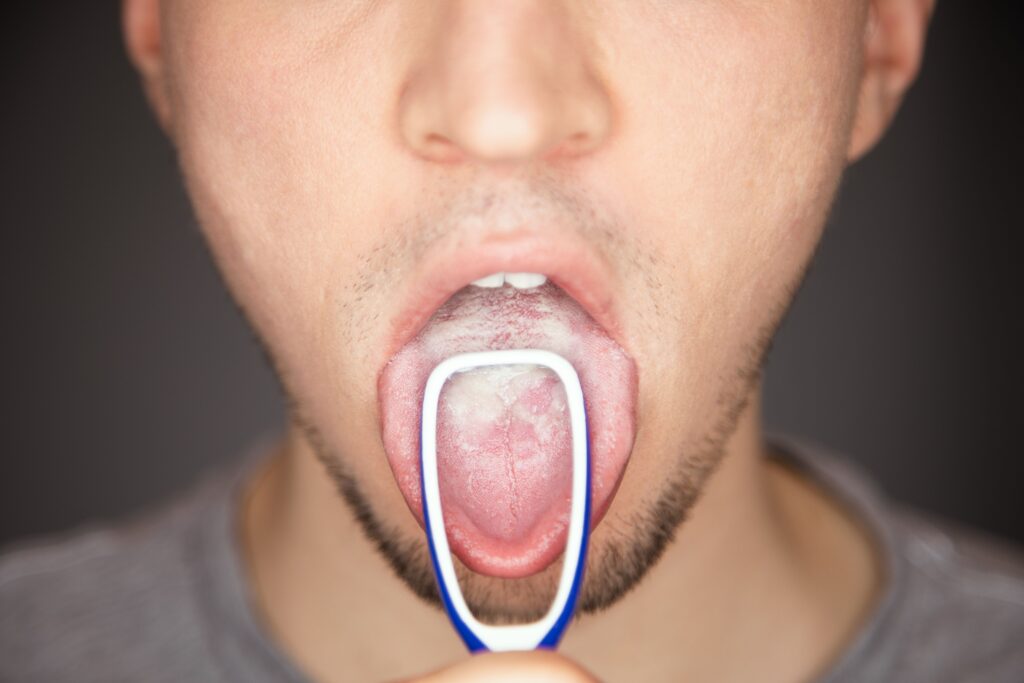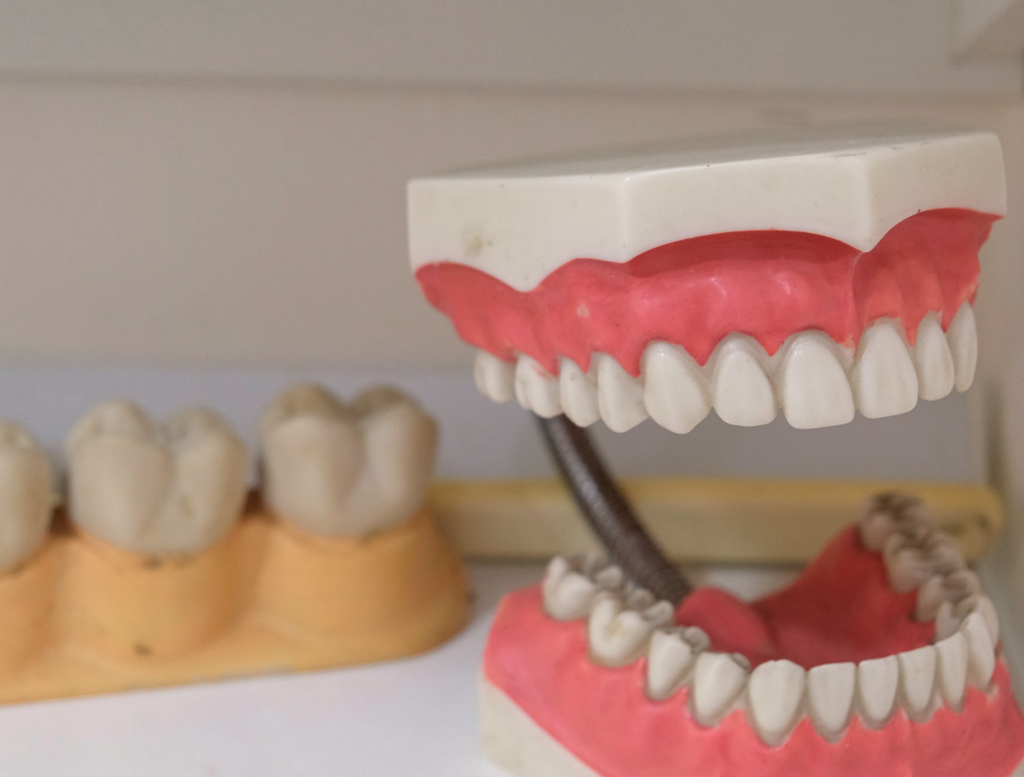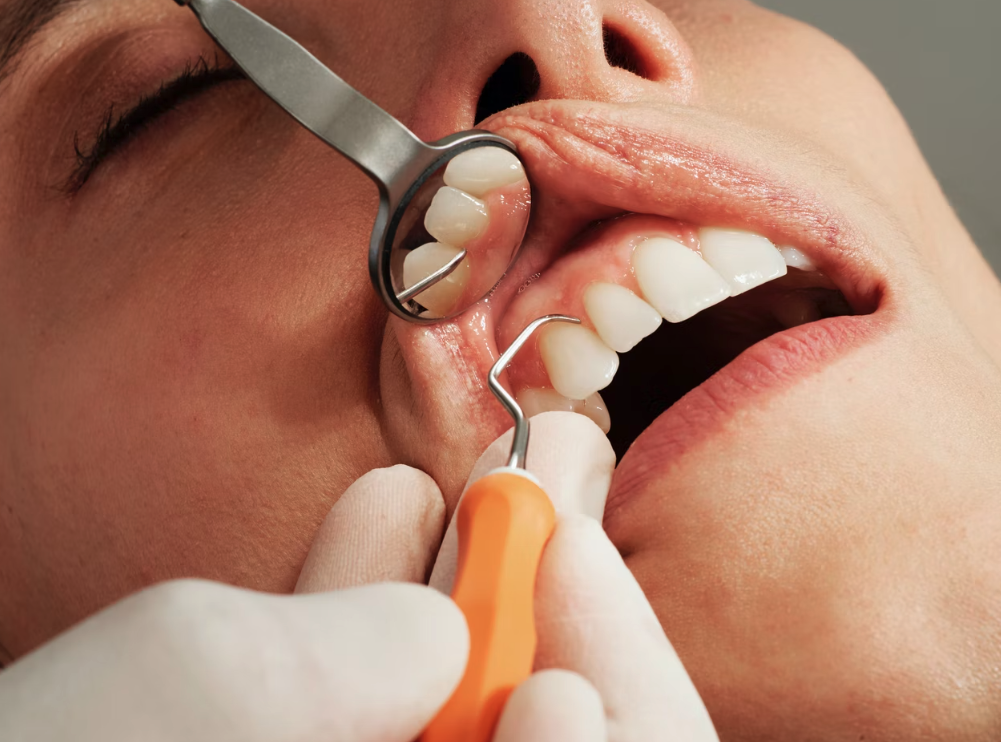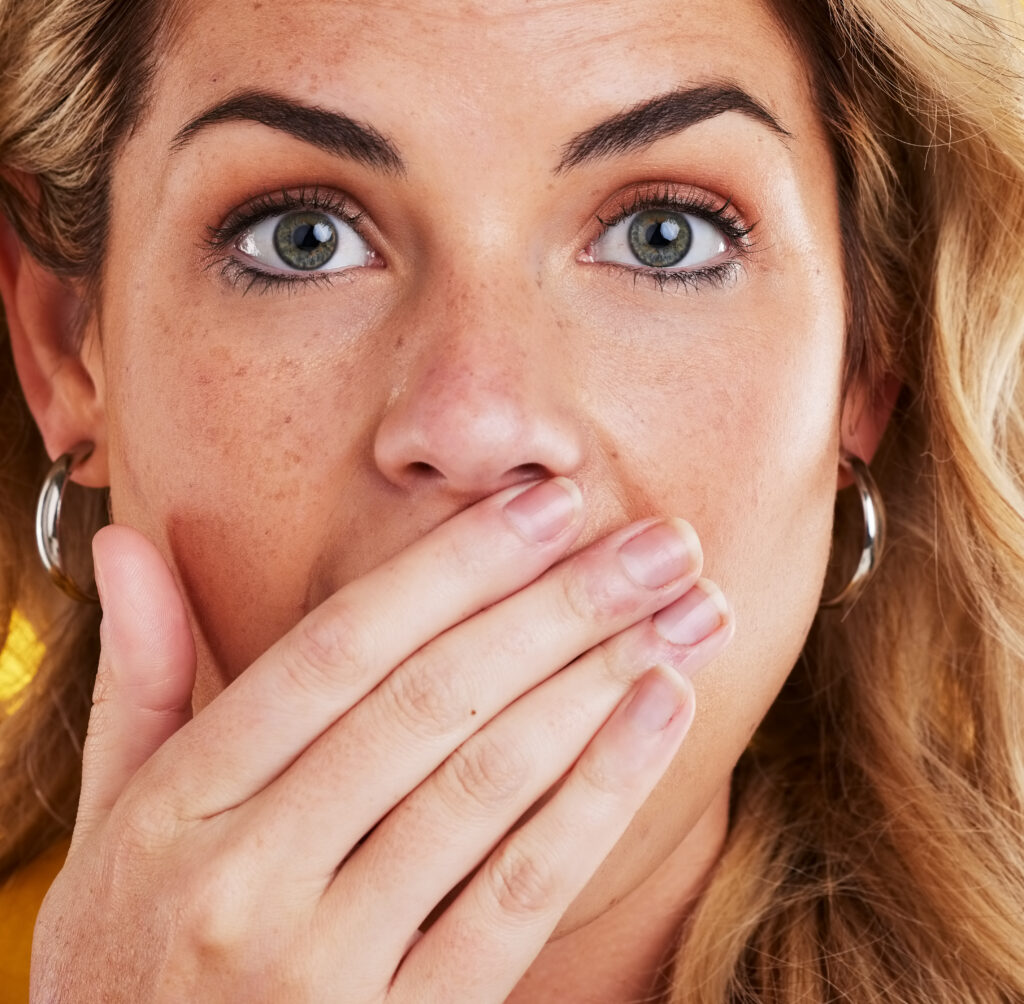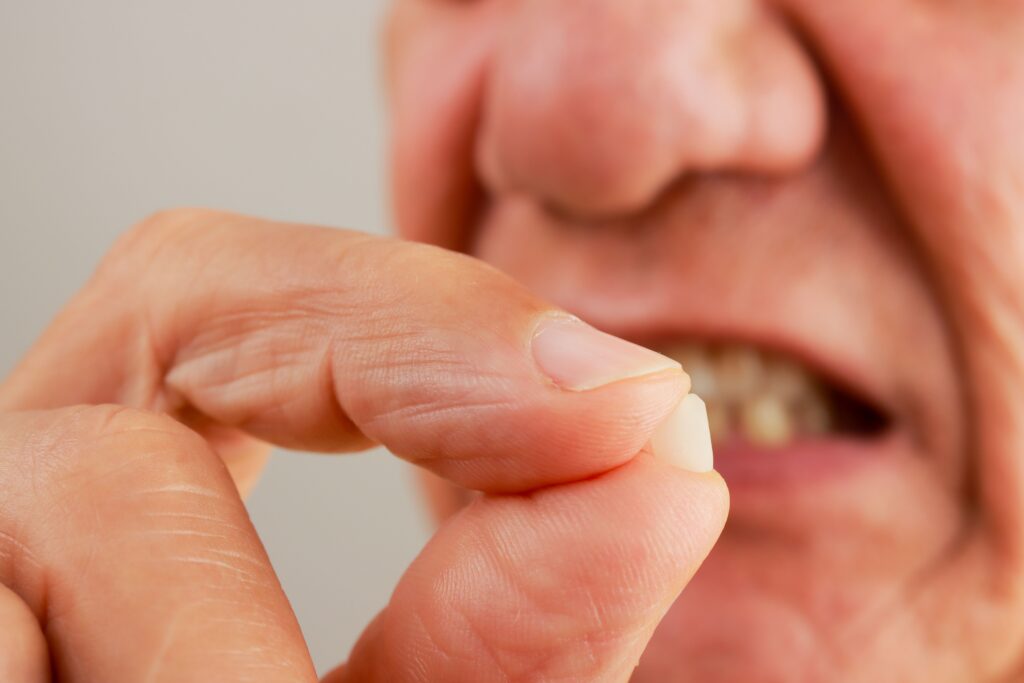Charcoal toothpaste has become a popular trend in the world of oral hygiene. You may have seen ads or social media posts showing people brushing their teeth with a black paste, claiming it whitens their teeth and gives them a brighter smile. But is charcoal toothpaste really that effective? And is it safe to use? In this article, we’ll dive into the pros and cons of charcoal toothpaste, look at what dentists have to say about it, and answer some common questions about its use.
What Is Charcoal Toothpaste?
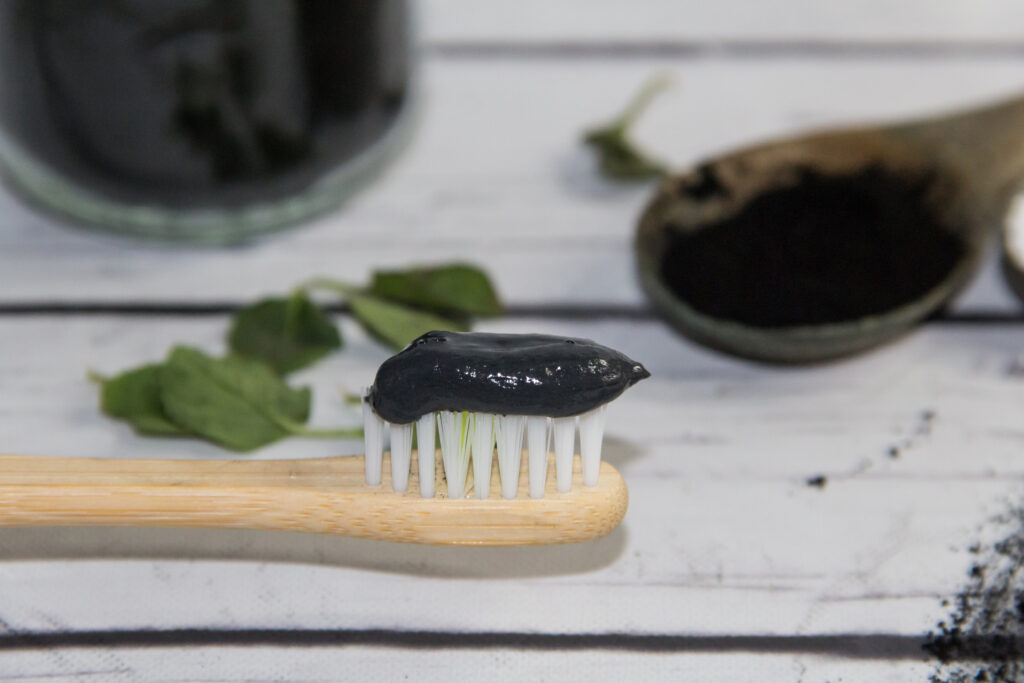
Charcoal toothpaste is made from activated charcoal, which is a type of carbon that has been treated to make it more porous. This process gives the charcoal a larger surface area, allowing it to absorb more substances. Activated charcoal is commonly used in emergency medicine to treat poisonings, as it can absorb toxins in the stomach. Recently, it has also found its way into toothpaste, where it is claimed to whiten teeth by absorbing stains.
Pros of Charcoal Toothpaste
There are some potential benefits to using charcoal toothpaste. Here are a few:
- Stain Removal: One of the main reasons people use charcoal toothpaste is for its ability to remove surface stains on teeth. The porous nature of activated charcoal allows it to absorb and trap particles that cause stains, such as those from coffee, tea, or red wine.
- Natural Ingredient: Activated charcoal is a natural substance, which appeals to people who prefer using products with fewer chemicals. Charcoal toothpaste often contains fewer artificial ingredients compared to regular toothpaste.
- Fresh Breath: Charcoal toothpaste may help reduce bad breath by absorbing bacteria and other particles that cause odor.
- Potential Whitening Effect: While charcoal toothpaste might help remove surface stains, giving the appearance of whiter teeth, it’s important to note that this effect is usually temporary and does not actually change the natural color of your teeth.
Cons of Charcoal Toothpaste
While there are some pros to using charcoal toothpaste, there are also several cons that you should consider:
- Abrasiveness: One of the biggest concerns with charcoal toothpaste is that it can be very abrasive. The tiny particles of charcoal can wear down the enamel on your teeth, which is the protective outer layer. Once the enamel is gone, it doesn’t grow back, leaving your teeth more vulnerable to cavities and sensitivity.
- Lack of Fluoride: Many charcoal toothpastes do not contain fluoride, a key ingredient in preventing tooth decay. Fluoride helps to remineralize teeth and protect against cavities. Without it, you may be at a higher risk of developing dental problems.
- Limited Whitening Effect: While charcoal toothpaste can remove some surface stains, it doesn’t penetrate deep into the teeth to remove intrinsic stains (those that are inside the tooth). This means that it won’t be as effective as other whitening treatments, such as professional teeth whitening.
- Potential Gum Damage: The abrasiveness of charcoal toothpaste doesn’t just affect your teeth—it can also irritate your gums. If you brush too hard or too often with charcoal toothpaste, you might experience gum recession or irritation.
- Not FDA Approved: Charcoal toothpaste is not approved by the U.S. Food and Drug Administration (FDA) or the American Dental Association (ADA). This means that there isn’t enough evidence to prove its safety and effectiveness.
Do Dentists Recommend Charcoal Toothpaste?
Most dentists are cautious about recommending charcoal toothpaste. While it might have some benefits, the risks often outweigh the rewards. According to the American Dental Association (ADA), there isn’t enough scientific evidence to support the use of charcoal toothpaste for teeth whitening or oral health . Many dentists are concerned about the abrasive nature of charcoal, which can damage enamel and lead to long-term dental issues.
How Often Should You Use Charcoal Toothpaste?
Because of its abrasive nature, charcoal toothpaste should be used sparingly. There is no standard recommendation for how often you should use it, but many dentists suggest limiting its use to once or twice a week at most. Using it more frequently could increase the risk of enamel erosion and gum damage .
Is Brushing with Charcoal Good for Your Teeth?
Brushing with charcoal toothpaste can be a double-edged sword. On one hand, it might help remove surface stains and make your teeth appear whiter. On the other hand, the abrasive nature of charcoal can wear down your enamel, which is crucial for protecting your teeth from decay and sensitivity. It’s important to weigh the pros and cons before deciding to use charcoal toothpaste as part of your oral care routine.
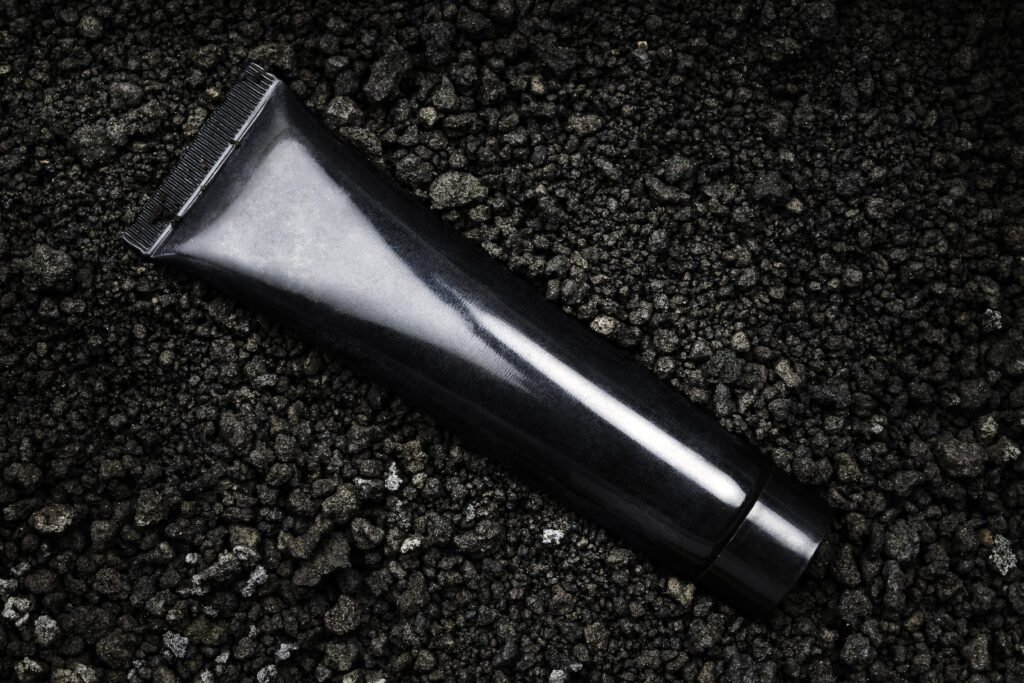
Does Charcoal Actually Whiten Teeth?
Charcoal toothpaste can make your teeth appear whiter by removing surface stains. However, it does not change the natural color of your teeth, and it doesn’t remove deeper, intrinsic stains. If you’re looking for a more effective whitening solution, you might want to consider professional teeth whitening treatments, which can penetrate deeper into the teeth and provide longer-lasting results .
Is Charcoal Toothpaste FDA Approved?
No, charcoal toothpaste is not FDA approved. This means that it has not undergone rigorous testing to ensure its safety and effectiveness. The lack of FDA approval should be a red flag for consumers, as it indicates that the product might not be as safe or effective as it claims to be. Additionally, the American Dental Association has not given its seal of approval to any charcoal toothpaste, further raising concerns about its use .
What Does Charcoal Toothpaste Do to Your Gums?
Charcoal toothpaste can be harsh on your gums. The abrasive particles in the paste can irritate the delicate gum tissue, leading to redness, swelling, or even gum recession over time. Gum recession can expose the roots of your teeth, making them more sensitive and susceptible to decay. If you notice any irritation or discomfort in your gums after using charcoal toothpaste, it’s best to stop using it and consult with your dentist .
Does Charcoal Toothpaste Remineralize Teeth?
No, charcoal toothpaste does not remineralize teeth. Remineralization is the process of restoring minerals to the enamel to strengthen it and protect against cavities. This is typically achieved with the help of fluoride, which is often missing in charcoal toothpaste. Without fluoride, your teeth are less protected, and you may be at a higher risk of developing cavities and other dental issues .
Does Charcoal Toothpaste Get Rid of Yellow Teeth?
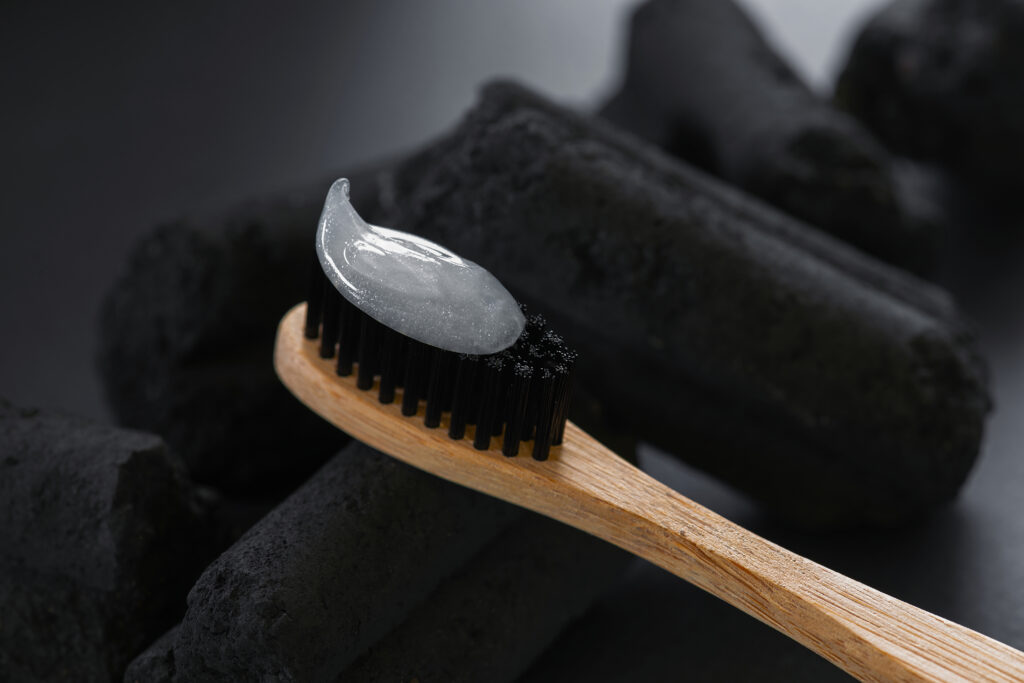
Charcoal toothpaste can help reduce the appearance of yellow teeth by removing surface stains. However, it doesn’t actually change the natural color of your teeth or remove deeper stains that cause yellowing. If your teeth are yellow due to intrinsic stains, charcoal toothpaste won’t be very effective. In such cases, professional whitening treatments or other over-the-counter whitening products might be a better option .
Conclusion
Charcoal toothpaste may seem like a trendy and natural way to whiten your teeth, but it comes with several risks that you should consider. While it might help remove surface stains and make your teeth appear whiter, its abrasive nature can wear down enamel and irritate gums. Additionally, the lack of fluoride in many charcoal toothpastes means that your teeth may not be as protected against cavities as they should be. Most dentists do not recommend charcoal toothpaste due to these concerns, and it’s important to use it sparingly if you choose to try it.
If you’re looking for a safe and effective way to whiten your teeth, it’s best to consult with your dentist. They can recommend treatments that are backed by science and proven to work, ensuring that your smile stays healthy and bright for years to come.


